In a workshop held on August 7th, the Association for the Promotion of Batwa-UNIPROBA has said indigenous people in Burundi also known as Batwa are confronted with many problems including poverty and illiteracy.
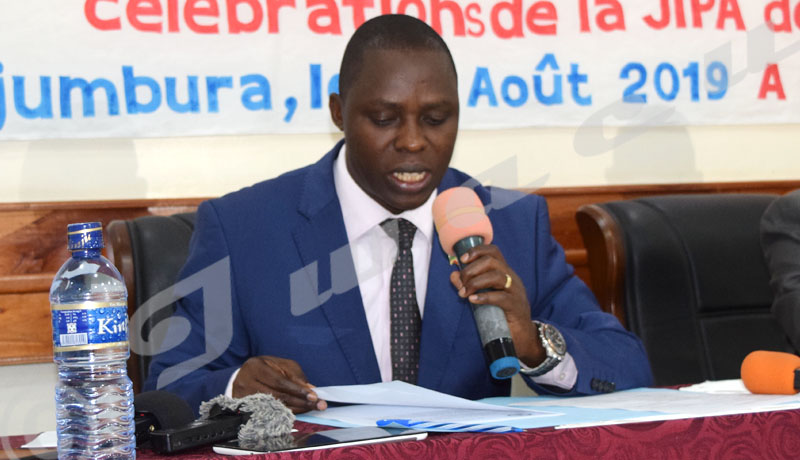
Emmanuel Nengo: “Batwa are poorly represented in decision-making bodies”
Emmanuel Nengo, Chairman of UNIPROBA says Batwa people in Burundi encounter problems such as food insecurity, high illiteracy rate, lack of title deeds for their plots of land and poor accommodation for the majority of them.
Mr. Nengo also says Batwa are poorly represented in decision-making bodies. “Their income generating activities are insufficiently funded,” he adds.
Batwa people are known particularly for pottery but don’t get enough clay to conduct their activities.
He also calls on the whole community of Batwa to participate in the 2020 elections, vote and get elected.
“We participate actively in political parties but we can hardly be on the lists of candidates who represent those political parties in national elections,” says Pélagie Ndaruzaniye, a participant from Batwa community.
Batwa people are discriminated even during the hiring of civil servants, she adds.
As for Révérien Simbarakiye, Director General of the integration of victims in the Ministry of Human Rights, he says Burundi government contributes to the development of Batwa community in different sectors.
Mr. Simbarakiye asks the Batwa community to be more involved in the process of development and join cooperatives.
He says the government of Burundi will continue to promote and protect the rights of Batwa people.
“We must not forget the many daily challenges faced by indigenous people, especially Batwa people in Burundi,” says Agnès Faure, Cooperation Attaché at the France Embassy in Burundi.
For her, indigenous people represent 5% of the world’s population but constitute 15% of marginalized people in the world.
“France has always pleaded for the rights of minority groups especially by supporting the declaration of the United Nations on the rights of indigenous people,” she adds.
The workshop was organized in the context of preparing the International Day of World’s Indigenous Peoples celebrated every year on August 9th. Raising an awareness of the needs of indigenous people is among the objectives of the day.
According to the United Nations, there are an estimated 370 million indigenous people in the world, living across 90 countries. They are among the most disadvantaged and vulnerable people in the world.

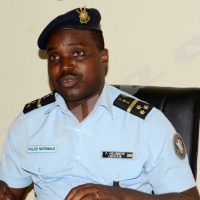
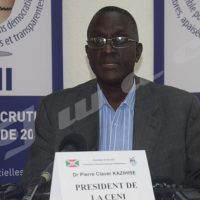
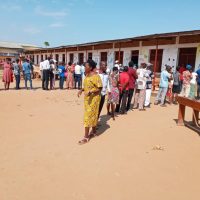
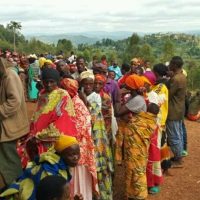
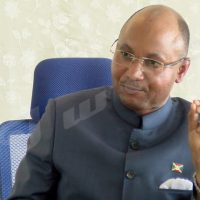













 IWACU Open Data
IWACU Open Data

